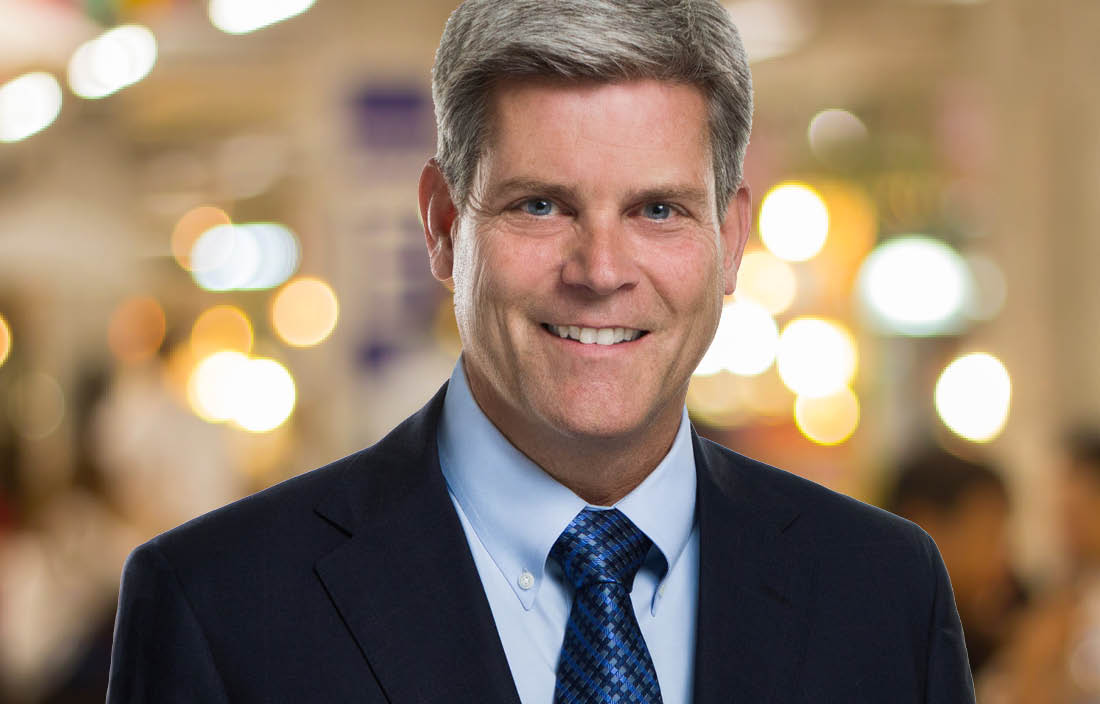Recently a colleague sent me a link to a YouTube video featuring Eric Whitacre, an accomplished composer and conductor, presenting at a recent TED (Technology Entertainment Design) conference. A few years ago, Eric became interested in combining music and technology. He enlisted 185 choir members from 12 countries to perform his “Luz Aurumque” virtually. He called this project “Virtual Choir 1.0,” and within two months, it had gone viral, with more than 1 million hits on YouTube.
Then, in 2010, he began thinking about “Virtual Choir 2.0.” He sent out a call to singers—sopranos, altos, tenors, etc.—and offered a free instrumental download of his original song, “Sleep.” He also included a video of himself conducting the piece in silence. Eric received an amazing 2,051 submissions from 58 countries (including Thailand, Jordan, Israel, New Zealand, Japan, and Kazakhstan) and compiled them in a piece of music that is, for lack of a better word, breathtaking. He released it on YouTube in April 2011.
During Whitacre’s TED discussion, he notes that the experience resulted in a “shared esprit de corps” among members of the choir, that he felt each member was like a soul “on a desert island sending electronic messages in bottles to one another.” He said that it showed that human beings will go to any lengths necessary to find and connect with one another and that those who participated felt part of something larger than themselves.
It’s been years since technology flattened the world. We see it in business all the time. Still, it’s hard not to be amazed at just how far we’ve come when watching Whitacre’s virtual choir. Some people fear technology, saying it depersonalizes the human experience. Something like this proves the opposite—that it has an unparalleled power to connect us in ways we never dreamed possible.
What do you think of Whitacre’s virtual choir? What are your hopes and expectations for technology in the future, both personally and in business?




